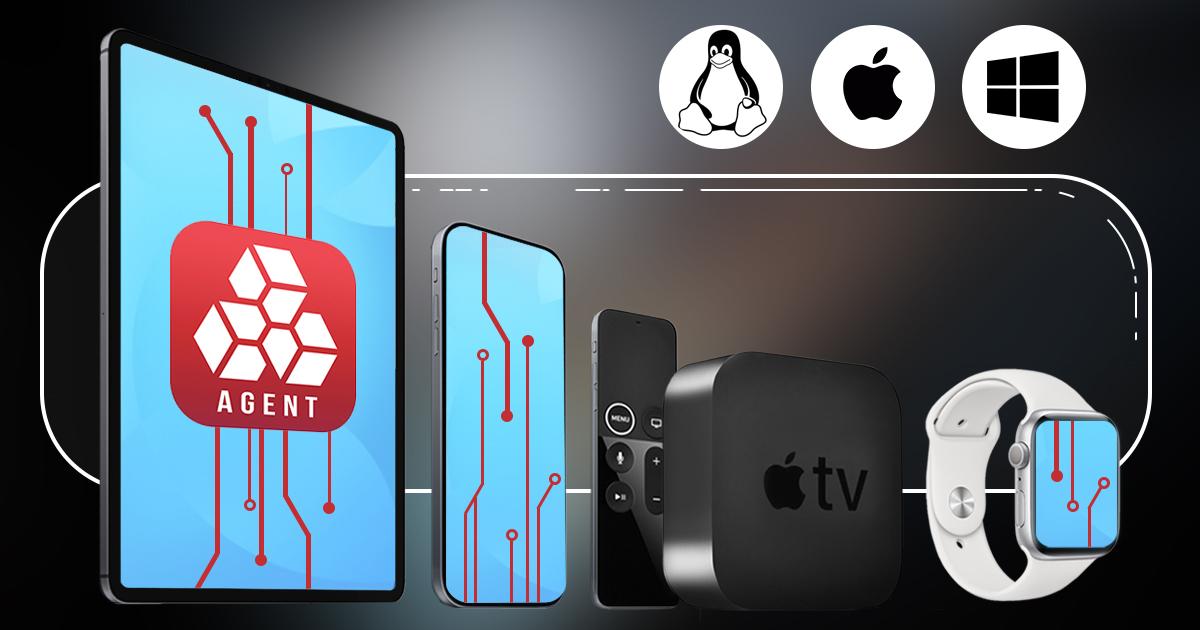A lot of folks (and even some law enforcement experts) are looking for a one-click solution for mobile extractions and data decryption. Unfortunately, in today’s day and age there are no ‘silver bullet’ solutions. In the days of high-tech mobile devices and end-to-end encryption one must clearly understand the available options, and plan their actions accordingly. The time of ‘snake oil’ exploits is long gone. The modern world of mobile forensics is complex, and your actions will depend on a lot of factors. Today, we’re going to make your life a notch more complex by introducing a new iCloud authentication option you’ve never heard of before.
The majority of mobile devices today are encrypted throughout, making extractions difficult or even impossible for major platforms. Traditional attack vectors are becoming a thing of the past with encryption being moved into dedicated security chips, and encryption keys generated on first unlock based on the user’s screen lock passwords. Cloud forensics is a great alternative, often returning as much or even more data compared to what is stored on the device itself.
2FA, challenges, cloud forensics, ECX, EINPB, Elcomsoft Cloud Explorer, Elcomsoft Internet Password Breaker, Elcomsoft Phone Breaker, EPB, iCloud, iOS
In just a few weeks, the new iPhone range will be released. Millions of users all over the world will upgrade, migrating their data from old devices. While Apple has an ingenious backup system in place, it has quite a few things behind the scenes that can make the migration not go as smooth as planned. How do you do the migration properly not to lose anything?
One of the main problems of iCloud forensics (unknown account passwords aside) is the sporadic nature of cloud backups. Experts often find out that a given user either does not have device backups in their iCloud account at all, or only has a very old backup. This happens primarily because of Apple’s policy of only granting 5GB of storage to the users of the free tier. While users can purchase additional storage for mere 99 cents a months, very few do so. iCloud Photos, downloads and other data quickly fill up the allotted storage space, leaving no space for a fresh cloud backup.
How do you extract an Apple Watch? While several extraction methods are available, you need an adapter if you want to get the data directly from the device. There are several different options available on the market, some of them costing north of $200. We tested a large number of such adapters. How do they stand to the marketing claims? In this article, I will share my experience with these adapters.
Elcomsoft Phone Breaker is not just about Apple iCloud data. It can also download the data from other cloud services including Microsoft accounts. In this new version, we have added support for even more types of data, including Windows 10 Timeline, Account Activity (logins to the account), OneDrive files, recent OneDrive files history, and files from Microsoft Personal Vault. Learn about these data types and how they can help advance your investigation.
How to break ‘strong’ passwords? Is there a methodology, a step by step approach? What shall you start from if your time is limited but you desperately need to decrypt critical evidence? We want to share some tips with you, this time about the passwords saved in the Web browsers on most popular platforms.
ECX, EDPR, EIFT, Elcomsoft Cloud Explorer, Elcomsoft Distributed Password Recovery, Elcomsoft Password Digger, Elcomsoft Phone Breaker, Elcomsoft Phone Viewer, EPB, EPD, EPV, iOS, keychain, macOS, passwords, Windows
For more than ten years, we’ve been exploring iPhone backups, both local and iCloud, and we know a lot about them. Let’s reveal some secrets about the different types of backups and how they compare to each other.
It’s been 10 years since we have released one of our flagship products, Elcomsoft Phone Breaker. The first version appeared in April 2011, and was named “iPhone Password Breaker”. Since then, we made tons of improvements. The tool lost the “iPhone” designation, and the “Password” part was dropped from its name because it was no longer limited to iPhones or passwords. Today, the tool can offer unmatched features for the mobile forensic specialists.


